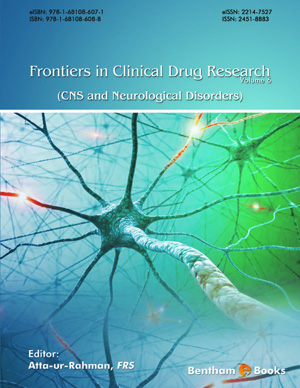Abstract
Dexmedetomidine is a highly selective α2-adrenergic receptor agonist with anxiolysis and analgesic properties as well as benefit on neuroprotection. While initially used solely as a sedative agent in ICU, recent studies also looked into the potential use of dexmedetomidine as an anaesthetic adjunct, an opioid sparing analgesic and as a neuroprotective agent, with some promising results. One particular research focus is its use in postoperative delirium; a common yet potentially serious condition associated with high incidence of postoperative complications, and lead to adverse outcomes in patients as well as increased health care costs. Currently, the pharmacotherapies in use are mostly symptom orientated are associated with a number of side effects. Dexmedetomidine has been demonstrated to reverse the pathological changes associated with postoperative delirium, and shown benefits in a number of human trials. In this chapter we will review the pharmacological properties of Dexmedetomidine and its potential clinical uses, in particular, focusing on postoperative delirium.
Keywords: α2 agonist, Anaesthetic agent, Analgesia, Clinical trial, Confusion, Delirium, Dexmedetomidine, Emergence delirium, Epidemiology, Excitotoxicity, ICU, Neuroinflammation, Neuroprotection, Neurotransmitter, Regional anaesthesia, Pain, Pharmacokinetics, Postoperative complications, Prognosis, Prophylaxis, Sedation, Sleep, Stress response, Treatment.






















